





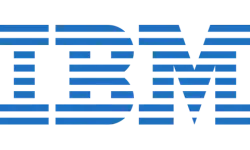
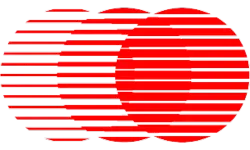


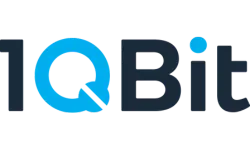


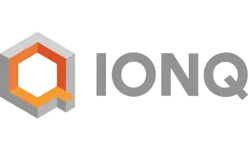































Quantum Careers Near You in San Francisco
Get the Basics
Quantum jobs in San Francisco are growing fast as the city becomes a hub for quantum innovation and research.
If you want to work on world-changing quantum tech, the Bay Area gives you the labs, talent, and capital to make it happen. Dr. Tameem Albash
What kinds of quantum jobs are available in San Francisco?
San Francisco has a range of opportunities in the quantum field. Jobs vary from quantum software engineers to research scientists, and even superconducting and trapped-ion qubit hardware engineering. Openings also include quantum algorithms, quantum artificial intelligence, and cryptography.
Candidates have the luxury of choosing between quantum computing startups and large established tech companies.
What level of education do I need for a quantum job?
Research-intensive or specialized hardware positions tend to look for candidates holding a PhD in fields like physics, computer science, or electrical engineering.
In contrast, software-oriented positions are more flexible and may accept a candidate with a bachelor's or a master's degree, provided they have robust programming skills and some familiarity with quantum computing tools. In either situation, self-study and real-world projects certainly help improve job qualifications.
Suggested Read: Get Quantum Jobs without PhD
How much do quantum jobs pay in San Francisco?
Quantum computing salaries in San Francisco are competitive. On average, professionals earn around $150,000 a year. Senior roles in software, hardware, or research can exceed $200,000 a year, depending on the level of expertise, company, and specialized skills. Entry-level quantum salaries are lower, but the industry offers rapid growth & opportunities to advance quickly.

What skills should I learn for quantum jobs?
- For software roles:- Python, Qiskit, Cirq, Braket, and knowledge of quantum algorithms such as Grover’s or Shor’s.
- For hardware roles:- superconducting qubits, trapped ions, cryogenics, microwave systems, FPGA programming, and quantum control.
- Additional useful skills include linear algebra, quantum mechanics fundamentals, problem-solving & experience with simulation tools.
- Soft skills like teamwork, project management & communication are also valuable, when collaborating with research teams or engineering groups.
San Francisco is the epicenter of quantum entrepreneurship; where brilliant minds turn bold ideas into reality. Dr. Jeremy O’Brien
Are there entry-level opportunities available?
Yes, San Francisco startups, research labs, and tech companies have entry-level roles and internships. Candidates may not even have previous quantum experience. If they show relevant coding skills, research work, or quantum projects, they will also likely qualify. Such roles are crucial for developing practical skills and provide access to advanced quantum technology applied in real-world scenarios.
Suggested Read: Quantum Computing Jobs USA
Can I move into quantum from a traditional tech career?
yes! Many software engineers, data scientists and electrical engineers successfully transition into quantum. You can also do this by learning the fundamentals of quantum mechanics and programming quantum frameworks.
- Building personal projects, participating in open-source quantum initiatives & completing certifications can strengthen your portfolio;
- Networking with the quantum community, attending workshops & contributing to research papers also increase your chances;
Companies value prior problem-solving experience, coding expertise, and the ability to work in interdisciplinary teams. These skills make career transitions feasible even for those without a traditional quantum background.
.svg)

